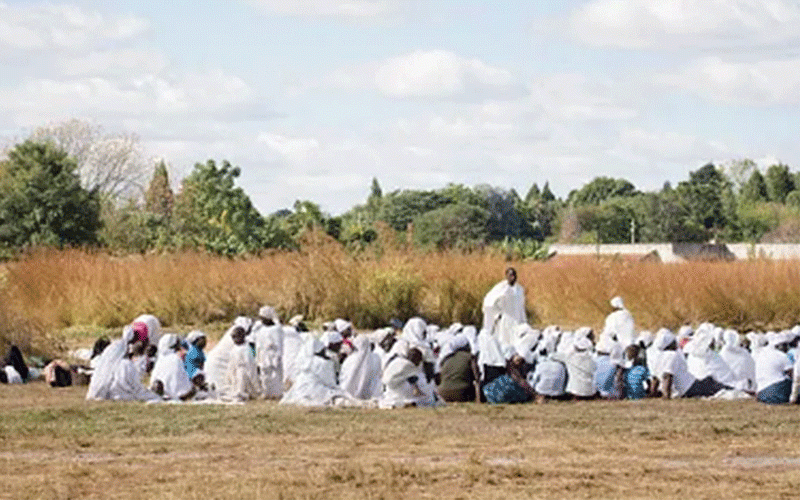
GOVERNMENT says three Egyptian cement companies have shown interest in investing in the local cement manufacturing industry, amid acute shortages of the product in the market.
News of these new potential cement manufacturers comes as the government has, in the past, fumbled the process when Africa’s richest man, Aliko Dangote, expressed interest in investing a reported US$1,2 billion in industrial plants, including one for cement manufacturing.
The failure to attract Dangote, through his Nigerian conglomerate Dangote Group into Zimbabwe, was blamed on the indigenisation law. There were also alleged demands of bribes. However, Dangote still has four companies in Zimbabwe that are inactive. These are the investment holding company, Dangote Zimbabwe Holdings (Private) Limited that controls Dangote Cement Zimbabwe (Private) Limited, Dangote Energy Zimbabwe (Private) Limited and Dangote Mining Zimbabwe (Private) Limited.
“We’ve got Egyptians, who are coming here to invest to make sure that they produce fertilizer,” Industry and Commerce deputy minister Roy Bhila said at the recent Entrepreneurs Networking Dinner hosted by Financial Fitness Health Centre in Harare.
“We also have about three companies, which came today, who also want to venture into cement production. Why are we doing that? We have what you call the tariff competitiveness commission.”
He said the country was facing a serious shortage of cement.
“But, in terms of government policy, the first thing for us to do is to make sure that we import, because some of the shortages can be artificial,” Bhila said.
While efforts to get more information about the Egyptian firms were fruitless, the African country has several top cement producing companies.
- Egyptian cement firms eye local market
Keep Reading
The top 10 are Arab Swiss Engineering Company, Suez Cement Group, Royal El Minya Cement Co, Misr Cement Group, Arabian Cement Company, Sinai Cement, El Arish Cement, Egyptian Cement Group, Misr Beni-Suef Cement Company, and Misr Cement Qena.
This listing is according to the website, Egypt Business Directory.
The cement shortages hit the country after one of the top manufacturers, Khaya Cement Limited (KCL) experienced a breakdown that lasted more than a week. This led to retailers buying available cement from the manufacturers to retail it at between US$18 and US$20 per bag.
While the KCL’s plants have since come back online, cement prices still remain high.
On top of developing an ‘administrative arrangement’ with the Zimbabwe Revenue Authority (Zimra) to allow for the importation of five metric tonnes (MT) of cement, government is now looking at new investors.
Zimbabwe Building Company Association president Petros Kagwera said cement shortages had negatively affected the progress of many projects. He hoped that the current crisis would be dealt with to avoid unnecessary costs and delays.
“We welcome new players in the production of cement in Zimbabwe. We hope this will help solve our current challenges,” Kagwera said.
In a cabinet briefing on the cement situation in the country on Tuesday, Industry and Commerce minister Sithembiso Nyoni said they had approved cement imports.
“Cabinet advises that as at 15 November 2023, 665 applications for cement imports had been approved amounting to 149 000 metric tonnes to ease cement shortages and clear backlogs that had been created on the market,” reads the Cabinet briefing.
“Cabinet reports that of the 665 approved applications, only 332 import licences were collected.
“The approved applications are for manufacturers of cement, wholesalers, and retailers as well as companies in the construction industry.
“Furthermore, industry players have been allowed up to 31 December, 2023 to import cement using their own free funds. The nation is further informed that there is also an administrative arrangement with Zimra to allow the importation of cement amounting to (a) maximum of 5 MT (100 bags of 50kgs cement) for personal use.”
Cabinet said the supply gap of cement was expected to decline starting next month.
“Government continues to review the current cement supply situation and will take decisive action against errant industry players. Government would also like to assure the public that it has given an ultimatum to players to review their supply and pricing models,” cabinet further stated in the briefings.
Cement is currently in high demand owing to the boom in road infrastructure and housing construction projects.







